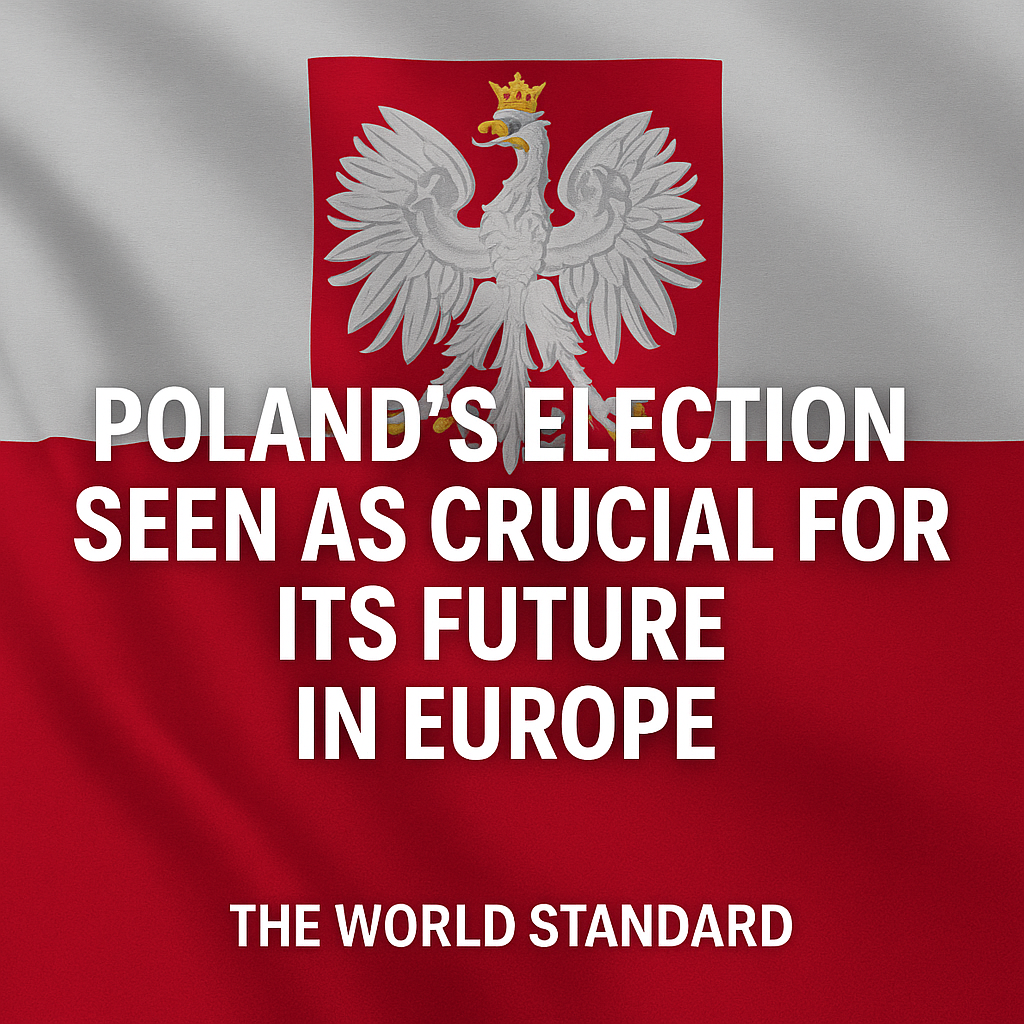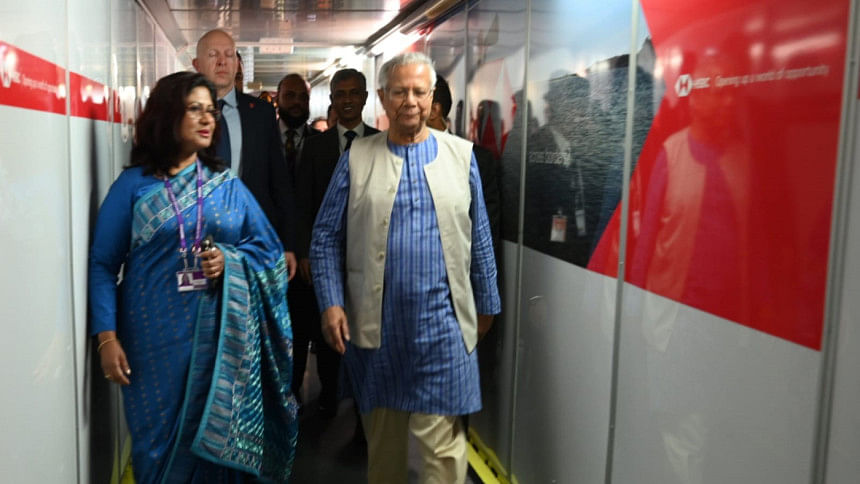Poland is preparing for a pivotal presidential election that could shape the country’s political trajectory and its place within the European Union for years to come. Scheduled for later this year, the outcome is widely seen as a referendum on Poland’s democratic direction, judicial independence, and foreign policy alignment.
According to a recent analysis by The Economist, the stakes are exceptionally high: a victory by the ruling nationalist Law and Justice party (PiS) could further deepen the country’s rift with Brussels, while a win by the opposition could set Poland back on a path of institutional reform and European integration.
The leading opposition candidate, Warsaw Mayor Rafal Trzaskowski, has focused his campaign on restoring judicial independence, reversing controversial media laws, and rebuilding trust with EU institutions. In contrast, PiS has doubled down on its sovereignty-first stance, portraying EU criticism as foreign meddling.
At the heart of the debate is Poland’s judicial overhaul, which has drawn repeated warnings and legal actions from the European Commission. Critics argue that PiS has eroded democratic checks and balances, while supporters claim the reforms are necessary to root out corruption and inefficiency.



